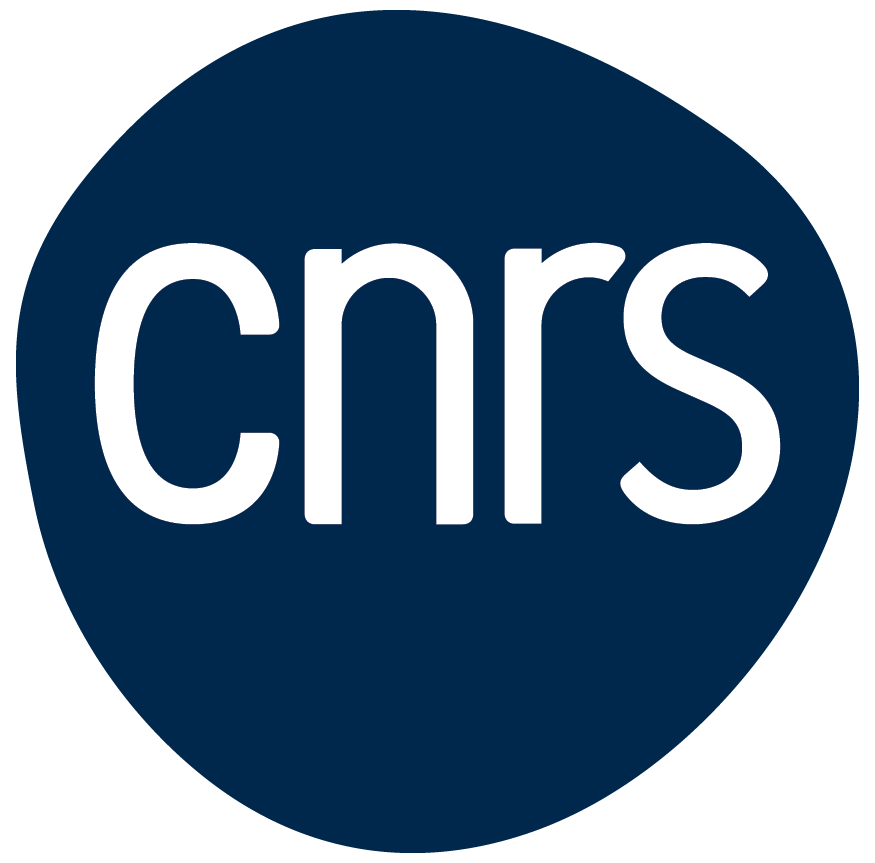
The project
In the Franco-German research project FFWD novel hydrocarbon based membrane electrode assemblies (MEAs) are developed for high pressure and high temperature proton exchange membrane (PEM) water electrolysis. The complementary consortium of research and industry partners will evaluate the whole development chain from polymer synthesis to stack testing.
France + Germany
TRL 2 - 5
11/2024 - 10/2027
2..25 Mio €

February 2025, Freiburg: KickOff
Concept and Methodology
MEA development
-
Round robin test with PFAS-based reference MEAs
-
Development of a PFAS-free reference MEA based on commercial hydrocarbon materials
-
Full hydrocarbon MEA based on novel materials developed in FFWD

Testing and post-mortem analysis
-
Characterization of membranes and MEAs ex- and in-situ with the final goal of high temperature and high pressure testing in stack configuration
-
Evaluation of the influence of fiber reinforcements and recombination layers within the membrane on performance and lifetime
-
Comparision of different MEA designs e.g. free standing electrodes vs. catalyst coated membranes (CCMs)
-
Post-mortem analysis to get insights into degradation markers

PFAS-free electrolysis
State of the art
In state of the art, per- and polyfluoroalkyl substances (PFAS) are used as proton conductive ionomer and membrane in PEM electrolysis.
PFAS are so called « everlasting chemical » that are distributed all over the planet with severe consequences for the environment.
Additional to enviromental concerns, relatively high synthesis cost and poor thermo-mechanical properties at temperatures > 90°C motivate the development of PFAS-free electrolysis.
Known PFAS contamination sites in Europe, November 2023 (https://foreverpollution.eu/map/)
Hydrocarbon polymers
A PFAS-free alternative for proton conductive ionomer and membranes in PEM electrolysis are hydrocarbons, allowing for:
-
Higher operation temperature
-
Lower gas cross-over
-
Higher proton conductivity
-
Less environmental pollution & easier recycling
-
Reduced synthesis cost
-
More freedom for chemical functionalization
For the development of PFAS-free electrolysis, goals in FFWD are:
-
Identify challenges along the hydrocarbon MEA manufacturing chain starting from polymer synthesis
-
Identify degradation markers during performance and longterm testing

Consortium

Syensqo is a recent company created in December 2023, coming from the split of legacy Solvay Group, with a diverse global team of more than 13,000 employees in 30 countries with 12 R&I centres, we work together to advance science and help humanity move forward. We’re developing solutions based on our specialty materials to drive the green hydrogen economy forward. The green hydrogen revolution is made a reality with Syensqo's advanced materials for hydrogen production, infrastructure and mobility. Used within electrolyzers, fuel cells and other facets of hydrogen systems, Syensqo's products and solutions support today’s leading hydrogen technology platforms.

Workshop
Stay tuned to participate in our workshop on PFAS-free electrolysis on June 10/11 2026 in Strasbourg - bringing together key players from research and industry.
The workshop will take place in the Grünewald Amphitheatre (Building 25) at the campus of CNRS.
The scientific agenda includes sessions on material development, modelling, imaging and characterization of PFAS-free components for electrolysis.
Results and questions from an academic point of view are coupled in a session on industrial applications with experience and requirements from industry.
The workshop is free of charge. It includes snacks, drinks and a networking dinner.
A list of invited speakers will be announced soon.



Contact
Prof. Dr. Gaël Maranzana
Dr. Melanie Bühler

Acknowledgement
FFWD is funded on the German side by the Federal Ministry of Research, Technology and Space (BMFTR) under the grant 03SF0781A and on the French side by the Agence Nationale de la Recherche (ANR) under the grant ANR-24-ENER-0005.









